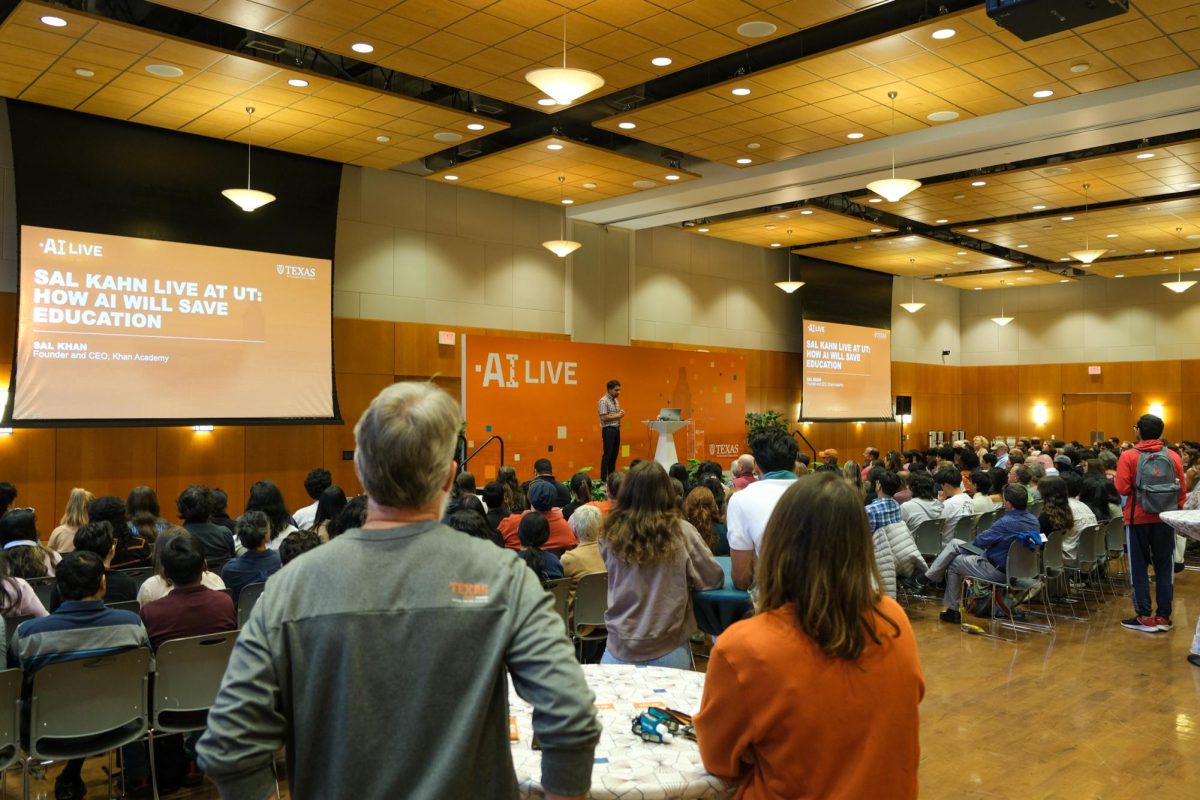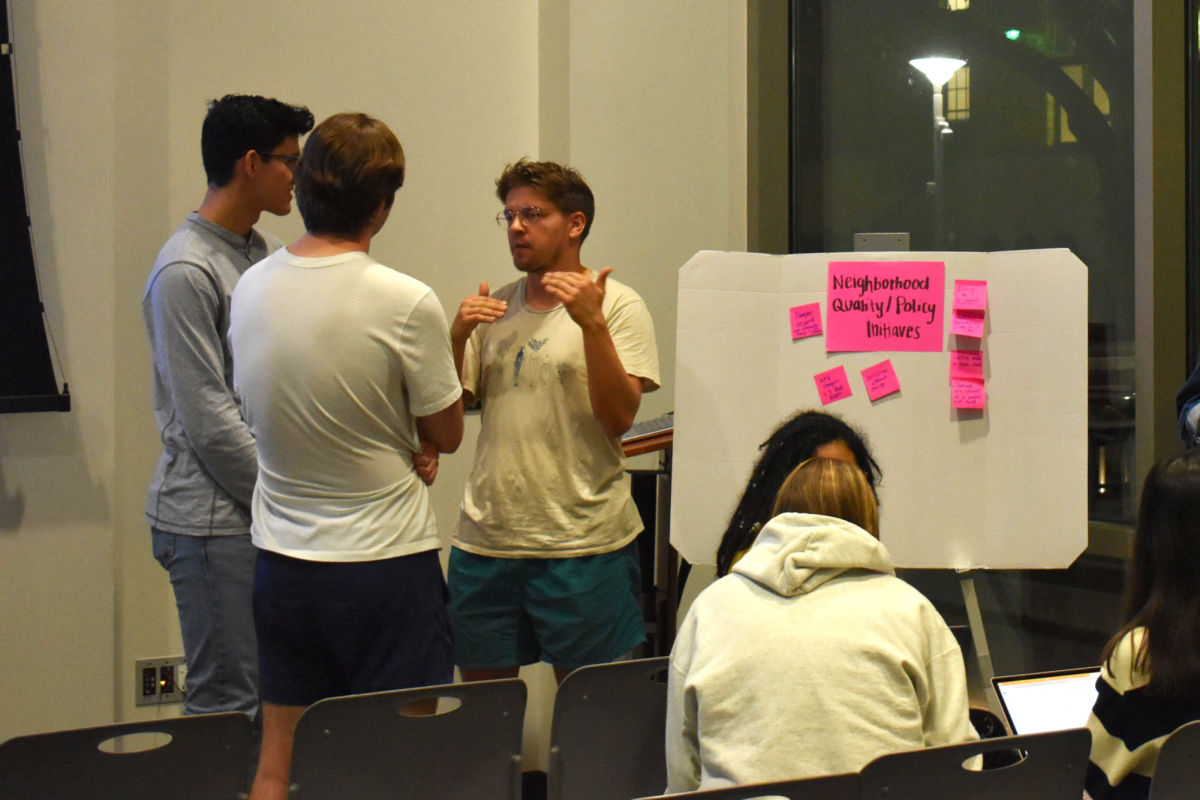Facing low University wages and potential new taxes, the Graduate Student Assembly created a committee to address the current financial situation of UT’s graduate students, many of whom take on additional jobs to afford living in Austin.
On Wednesday, more than 100 UT graduate students joined a nationwide protest against the proposed tax bill recently passed by the U.S. Senate, which taxes tuition waivers as income. Founders said the new GSA committee will address a larger issue facing UT: the struggle between rising costs of living and small paychecks.
Committee chair Matt Bendure said the committee was primarily tasked with compiling data about current payments and benefits across all departments to present to graduate school administrators in hopes of developing a solution.
“UT must pay its workers a living wage,” Bendure said in a Facebook message. “Graduate student workers are the core of educational labor at this University. If the current compensation levels continue, UT will see a precipitous drop in its rankings as it struggles to attract prospective students who are offered living wages elsewhere.”
The GSA formed the committee hours after Wednesday’s protest. Bendure, an American studies graduate student, said his goal is to propose solutions to administrators in March.
Student workers in the College of Liberal Arts make $15,074 per school year without tax, which amounts to about $1200 per month, according to a press statement from the organizers of Wednesday’s protest. The current federally defined poverty level is $12,060, but Bendure said there are some student workers who make around $11,000 per year.
“It’s because of lack of external funding,” GSA president Kareem Mostafa said. “Liberal Arts in general don’t have as many external donors … so they work with a small pot of money that UT gives them.”
Allison Kim, an art history graduate student, protested Wednesday against the tax bill. She said the passage of the bill would be detrimental to graduate students struggling across the country.
“(I’m) from the College of Fine Arts, and already we have a very, very modest stipend,” Kim said. “It’s definitely more modest than other departments.”
Joseph Guidry, a physics and astronomy freshman, said he has plans to go to graduate school, but the impending possibility of the tax bill and already-low wages at UT make him worried about his future.
“My current future is kind of in peril,” Guidry said. “There’s this kind of uncertainty. I want to be able to support myself based on the wages given by the University.”
Bendure said many graduate student workers take on additional jobs to cover their basic needs. When he started at the University in 2015, Bendure said his worker compensation barely covered the cost of living and he had to rely on savings and other jobs to cover the gaps.
While the cost of living in Austin is on the rise, UT has failed to compensate by raising wages for student laborers, Bendure said.
“Graduate student labor is critical for a functioning … University,” Bendure said. “And yet this labor is both publicly invisible and woefully under-compensated here at UT.”

















